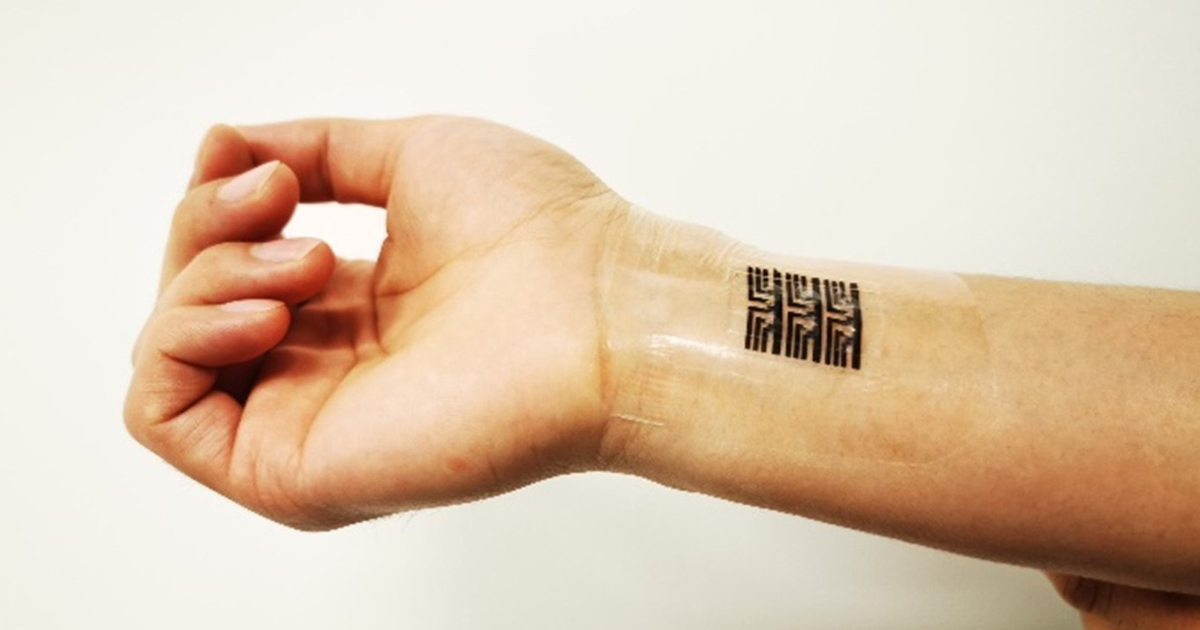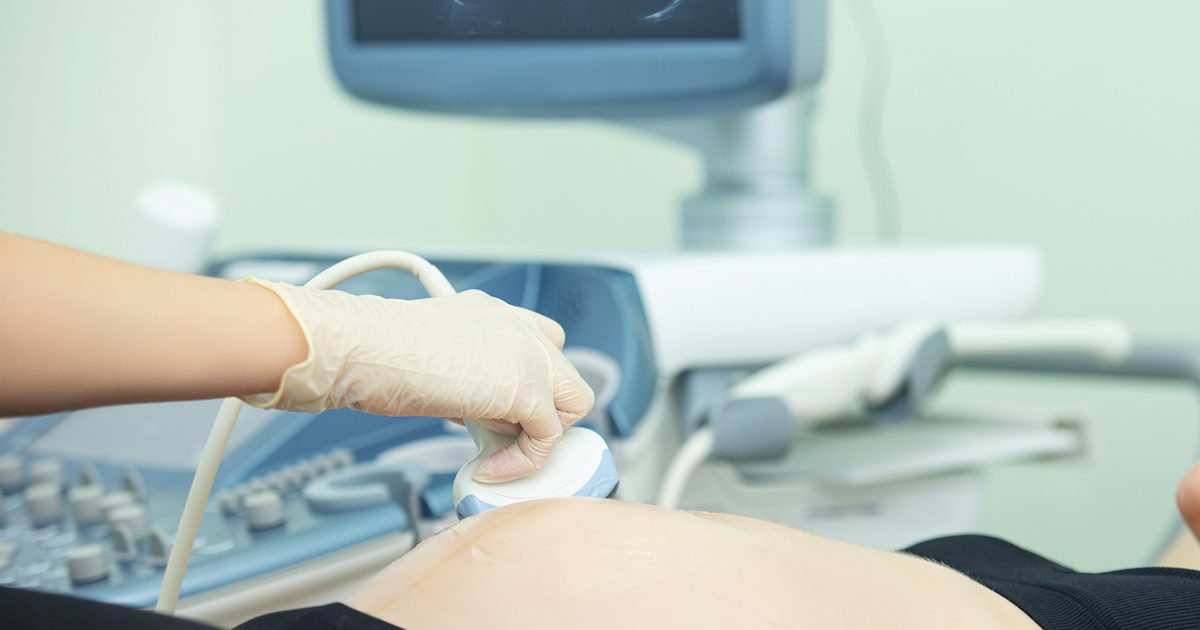Researchers at the University of Chicago's Pritzker School of Molecular Engineering (PME) have developed a flexible device to be placed on the skin that is capable of processing medical information.
The device has flexible and stretchable characteristics, as it is composed of a neuromorphic chip made of elastic semiconductors. However, its importance lies in the fact that it is capable of processing massive amounts of health information in real time thanks to the application of Artificial Intelligence (AI).
“With this work, we have married wearable technology with artificial intelligence and machine learning to create a powerful device that can analyze health data directly on our own bodies,” said Sihong Wang, a materials scientist and assistant professor of molecular engineering.
The capabilities of this device aim to change the way health data is processed. The detailed characteristics of this device that seeks to imitate the human brain in how it processes information, were described in an article in Matter magazine: https://www.cell.com/matter/fulltext/S2590-2385(22)00415-5

The scientists behind this project indicate that carrying out a detailed health profile requires a visit to a health center, however, having a portable device that can continuously monitor patient health data would facilitate the detection of diseases.
This device allows advances in personalized medicine and improves the processing of health data carried out by mobile devices such as wearables or smartphones. “Sending health data wirelessly is slow and has a number of privacy issues. It's also incredibly energy inefficient; The more data we start collecting, the more energy these transmissions will start using,” Wang explained.
The usefulness of the equipment was initially tested to analyze electrocardiogram data to measure the electrical activity of the heart. The device was trained by AI to classify ECGs into five categories, one on healthy data and four on data with abnormal signals.
"If it can get real-time information on blood pressure, for example, this device could make very intelligent decisions about when to adjust a patient's blood pressure medication levels," Wang said.
The researchers will continue to train machine learning algorithms to achieve new functionalities of the device.






